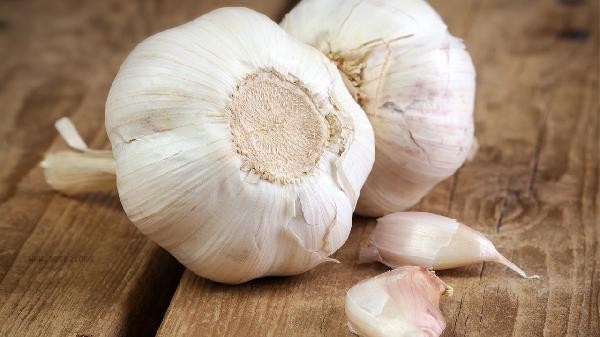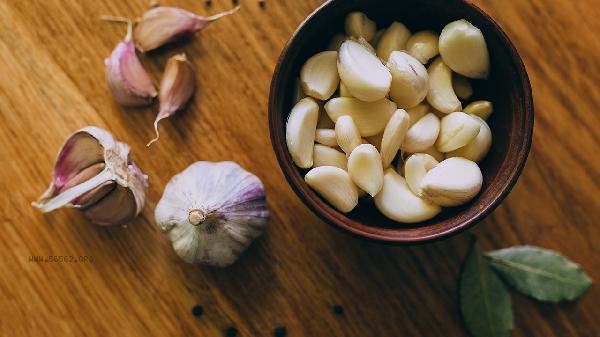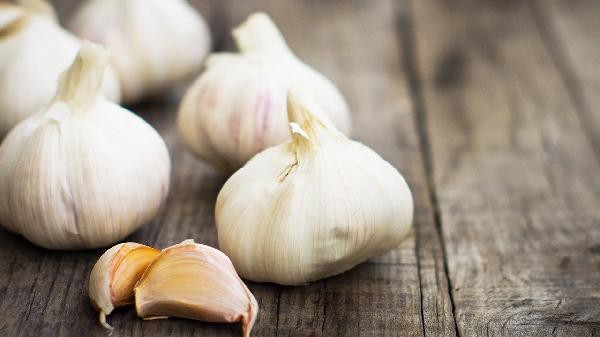Garlic soaked in white vinegar is mainly used to assist in relieving mild cold symptoms and improving indigestion. Garlic contains active ingredients such as allicin, while white vinegar contains acetic acid. The combination of the two may help inhibit the growth of some bacteria and promote appetite.

1. Mild Cold
Allicin in garlic has potential antibacterial properties, and the acidic environment of white vinegar may inhibit some pathogenic microorganisms. After soaking garlic in white vinegar, its volatile components may have a certain auxiliary effect on relieving mild cold symptoms such as nasal congestion and throat discomfort. However, it should be noted that this method cannot replace drug treatment for severe respiratory infections.
Secondly, indigestion
The organic acids in white vinegar can stimulate gastric acid secretion, while garlic can promote gastrointestinal peristalsis. For mild digestive problems such as loss of appetite and postprandial bloating caused by insufficient stomach acid, moderate consumption of garlic soaked in white vinegar may help improve symptoms. Patients with gastrointestinal ulcers should avoid using it to avoid aggravating mucosal irritation.
III. Skin Fungal Infection
Garlic extract has inhibitory effects on some skin fungi, and the weakly acidic environment of white vinegar may alter the pH value of the skin surface. When used externally for superficial fungal infections such as tinea pedis and tinea corporis, it may alleviate itching symptoms. However, it is prohibited to use on damaged skin to avoid causing burns or allergic reactions.

Fourth, Oral Inflammation
Garlic soaked in white vinegar diluted for rinsing may have a temporary relief effect on mild gingivitis and oral ulcers. Its ingredients may inhibit excessive growth of oral bacteria, but high concentration use can damage oral epithelial cells. It is recommended to use it no more than twice a day and stop immediately if there is a stinging sensation.
V. Auxiliary Regulation of Blood Lipids
Animal experiments have shown that allicin may affect cholesterol metabolism, and polyphenols in white vinegar have antioxidant properties. Long term moderate consumption may have potential auxiliary regulatory effects on individuals with abnormal blood lipids, but it cannot replace lipid-lowering drugs. cardiovascular disease patients should follow medical advice for treatment.

When using garlic to soak white vinegar, pay attention to the freshness of the ingredients and avoid using moldy garlic. Gastrointestinal sensitive individuals should take it after meals to reduce irritation, and a skin test should be performed before external use. This method is only used as a traditional auxiliary tool and requires timely medical attention for persistent fever, severe infections, chronic metabolic diseases, and other conditions. Fresh vegetables and fruits can be paired with daily diet to maintain dietary diversity, and moderate exercise can enhance physical fitness.









Comments (0)
Leave a Comment
No comments yet
Be the first to share your thoughts!